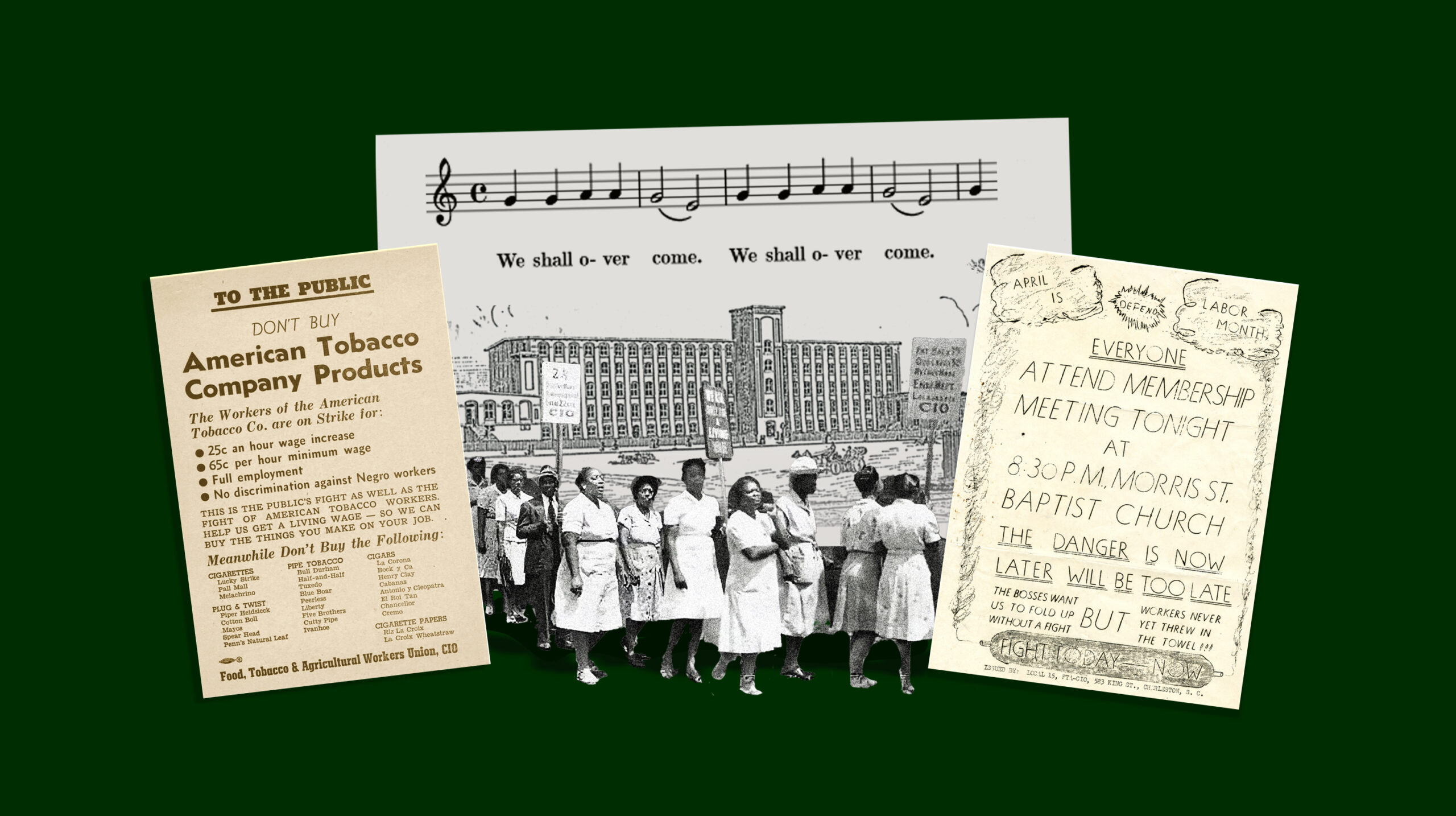Since 1994, several Southern states each year have observed “Confederate Heritage Month” in April.
From the first shots at Fort Sumter on April 12, 1861, to Confederate Gen. Robert E. Lee’s surrender on April 9, 1865, Confederate leaders stated explicitly and repeatedly that they fought to protect slavery and to further white supremacy. That is Confederate heritage. However, it is not Southern heritage.
After the Civil War, former Confederates initiated a propaganda campaign to conflate Confederate heritage with Southern heritage by erecting thousands of memorials to the Confederacy in public spaces. Over 2,000 Confederate memorials still exist across the country, according to the Southern Poverty Law Center’s updated Whose Heritage? report released this week.
Those who glorify the Confederacy as “Southern heritage” obscure a rich Southern history of poets, preachers, immigrants, soldiers and heroes in the struggle for justice. Last year, I offered 10 anniversaries that honor Southern heritage in April. This year, I’m offering another anniversary to celebrate this month: The Charleston Cigar Factory Strike, which ended in victory on April 1, 1946, represents the best of Southern heritage.
In October 1945, over 1,000 workers walked off the job at American Tobacco Co.’s cigar factory in Charleston, South Carolina. Led by Black women, the workers held integrated meetings, and Black and white union members stood together to demand back pay the company owed, a pay increase and an end to racist hiring practices. The workers gained support from the Black community in Charleston, and from progressive white Southerners, including civil rights activist Virginia Foster Durr. American Tobacco workers in Philadelphia and Trenton, New Jersey, initiated solidarity strikes. On April 1, 1946, the strike ended in victory. The strike is an example of worker courage and cross-racial solidarity — the finest Southern traditions.
Also significant in Southern history, the picket line outside the factory saw the debut of what would become the protest hymn “We Shall Overcome.” A year after the strike, cigar factory workers traveled to the Highlander Folk School in New Market, Tennessee, which trained activists. There, the Charleston workers taught the song to Zilphia Horton, who popularized it as a civil rights anthem.
Horton was a white civil rights activist, musician and folklorist. Her birthday marks another April anniversary in Southern history. On April 14, 1910, Horton was born in Spadra, Arkansas, where her father owned a coal mine. Horton gained political consciousness when she supported miners’ unionization efforts despite her father’s opposition. Horton trained students to collect songs across the South. She reworked many of her students’ finds into modern protest songs, which she taught activists at the Highlander Folk School, and led on picket lines and demonstrations. She brought the spirit of Southern folk culture to the fight for civil rights and labor justice.
From South Carolina to Arkansas to Tennessee, Southern history has moments that all Americans can be proud of. The Charleston Cigar Factory Strike represents a victory in the struggle for racial and economic justice, won by Black and white workers standing together. This is Southern heritage worth celebrating.
Rivka Maizlish is a senior research analyst for the Southern Poverty Law Center’s Intelligence Project.
Image at top by the SPLC.



